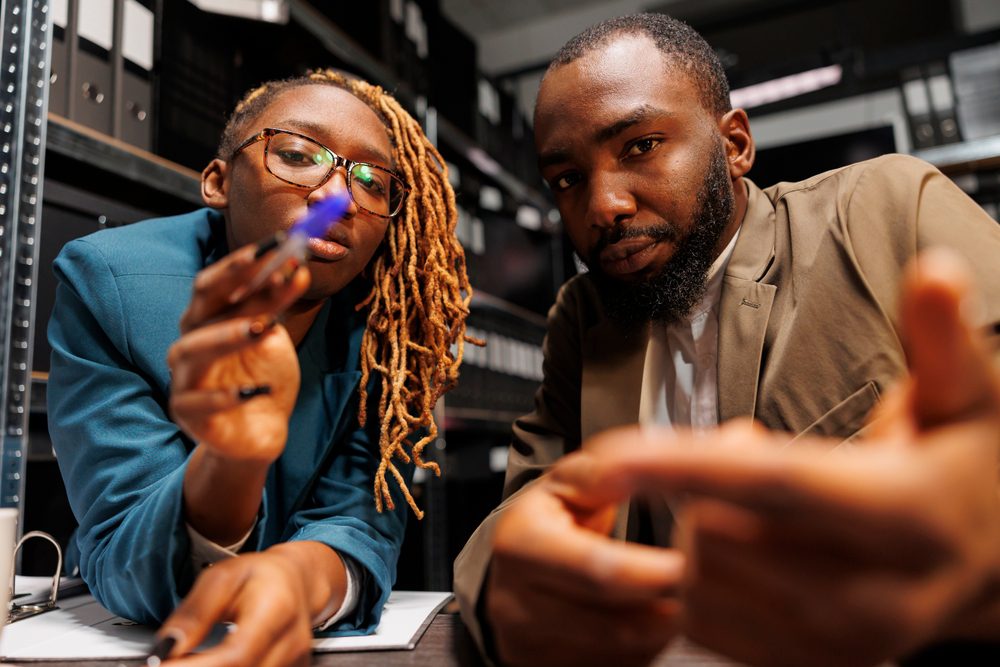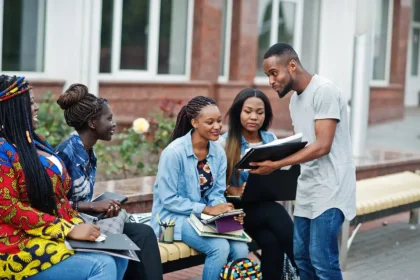Law enforcement agencies nationwide are grappling with a pressing need for diversity and inclusivity within their ranks. The demand for increased representation of Black men and women in the police force surpasses mere numerical quotas; it’s a crucial step toward establishing a fairer and more efficient system. This call to action resonates beyond just filling positions; it’s about fostering a transformative change within law enforcement.
In addressing this imperative issue, seven compelling reasons emerge as powerful motivators for individuals from these communities to contemplate a career in law enforcement. These reasons go beyond the surface and delve into the intricate layers of societal impact, community relations and the evolution of a more just and inclusive system. As we navigate the complexities of this discussion, it becomes evident that the inclusion of Black individuals within law enforcement serves as a pivotal gateway to reform, representation and constructive change.
1. Building trust and community relations: The presence of Black officers can foster better relationships between law enforcement and communities of color. Shared experiences and cultural understanding enable effective communication, leading to increased trust and cooperation.
2. Breaking stereotypes and bias: Diverse representation challenges stereotypes and biases that exist within law enforcement. Black officers offer unique perspectives, dismantling preconceived notions and promoting fairer treatment in policing.
3. Addressing systemic issues from within: Joining the police force allows individuals to work from within the system to push for reforms and changes. Having diverse voices at decision-making tables can drive policy improvements and promote accountability.
4. Improving responses to specific community needs: Black officers often possess a nuanced understanding of community issues, enabling more tailored and empathetic responses to challenges like youth engagement, mental health crises or addressing systemic inequalities.
5. Enhancing cultural competence: A diverse police force is better equipped to navigate diverse communities. Black officers bring cultural competence and a deeper understanding of community dynamics, fostering more effective crime-solving and conflict resolution.
6. Being role models and inspirations: Representation matters. Black officers serve as role models for aspiring individuals within their communities. Their presence can inspire future generations to pursue careers in law enforcement and civic service.
7. Contributing to overall police effectiveness: Diversity within the police force enhances overall effectiveness. Different perspectives, experiences and skills contribute to better decision-making, problem-solving and adaptability in an ever-evolving societal landscape.
Joining the police force is a complex decision for Black individuals considering historical tensions between law enforcement and communities of color. However, by embracing these challenges head-on, individuals have the opportunity to be agents of change from within the system. It’s not merely about wearing a badge; it’s about being a catalyst for positive transformation.
The call for increased representation of Black men and women within law enforcement isn’t merely advantageous; it’s an imperative stride toward a more just society. Trust — the bedrock of effective policing — flourishes when the force reflects the diverse communities it serves. Such representation isn’t just a symbol; it’s a catalyst for substantive change.
Implementing reforms within law enforcement requires multifaceted perspectives and experiences. Black officers bring a critical lens that can dismantle systemic biases and bring forth policies promoting fairness and accountability. Their voices, grounded in the realities of their communities, possess the power to steer law enforcement toward a more empathetic and responsive direction.
Ultimately, a police force that mirrors the diversity of society is better equipped to navigate complexities, comprehend unique community needs and diffuse tensions. It’s a transformative step towards reshaping law enforcement into a more equitable and inclusive institution, fostering mutual respect and understanding between officers and the communities they serve. Embracing diversity isn’t just an option; it’s a fundamental necessity for creating a system that upholds justice for all.
This story was created using AI technology.

















